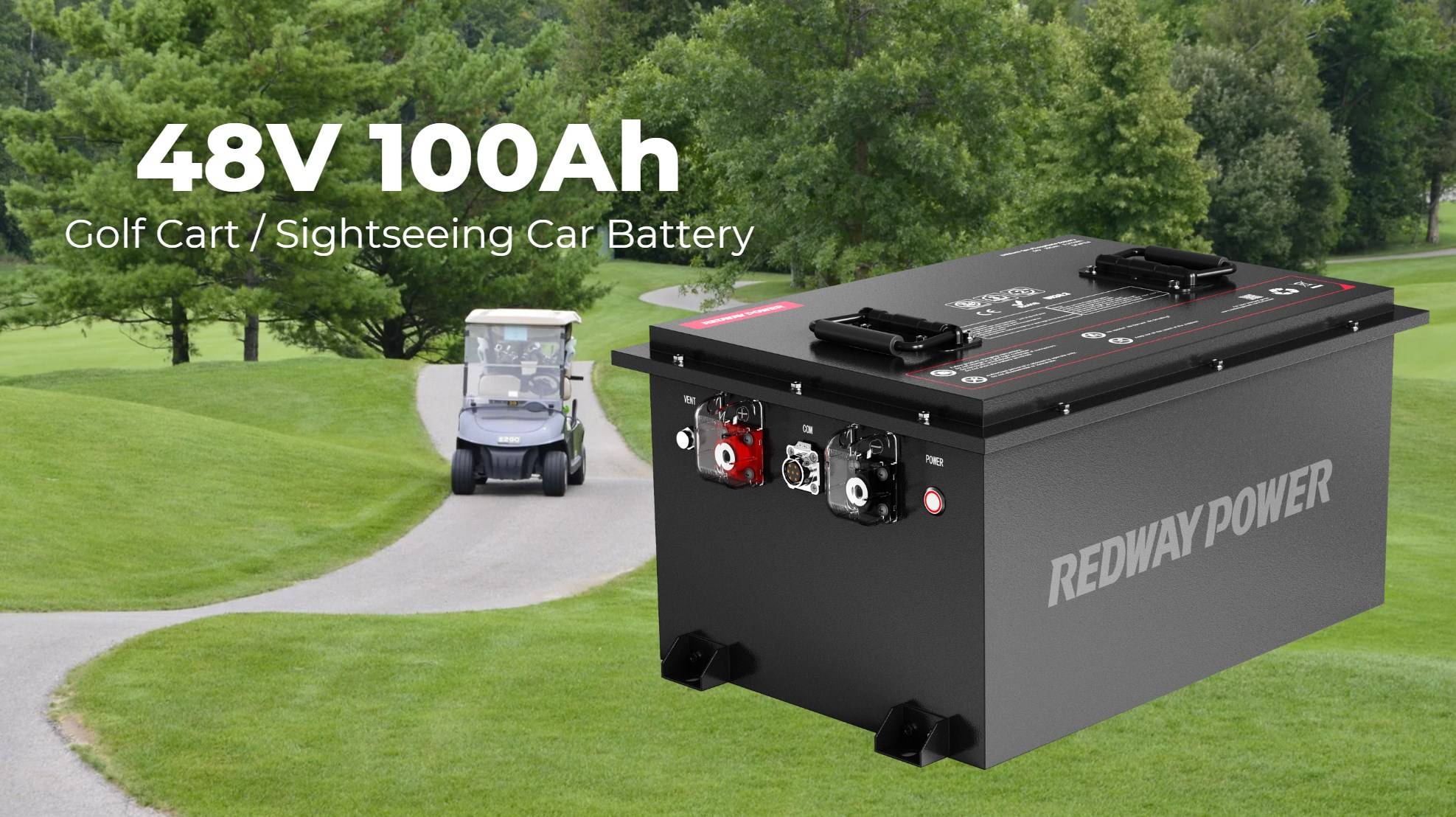Understanding 48V LiFePO4 batteries is essential for hotel managers looking to enhance energy efficiency and reliability. These advanced lithium iron phosphate batteries offer numerous benefits, including long lifespan, safety, and versatility in various applications. This guide explores how these batteries work, their advantages, costs, maintenance needs, and safety precautions.
What are 48V LiFePO4 batteries and how do they work?
48V LiFePO4 (Lithium Iron Phosphate) batteries are a type of rechargeable battery that utilizes lithium iron phosphate as the cathode material. These batteries are known for their stable chemistry, high energy density, and long cycle life. They operate by transferring lithium ions between the anode and cathode during charging and discharging cycles. The nominal voltage of a typical LiFePO4 cell is about 3.2 volts; thus, to achieve a total voltage of 48 volts, multiple cells are connected in series.Battery Operation Overview Chart
| Feature | Description |
|---|---|
| Chemistry | Lithium Iron Phosphate |
| Nominal Voltage | Approximately 3.2 volts per cell |
| Configuration | Typically consists of 15 cells in series |
What are the advantages of using 48V LiFePO4 batteries for energy storage?
The advantages of 48V LiFePO4 batteries include:
- Safety: They have a lower risk of thermal runaway compared to other lithium-ion chemistries.
- Longevity: These batteries can last over 5,000 charge cycles, significantly reducing replacement frequency.
- Efficiency: High discharge rates allow them to deliver power quickly when needed.
- Environmental Friendliness: They contain fewer toxic materials compared to other battery types.
Advantages Chart
| Advantage | Description |
|---|---|
| Safety | Lower risk of overheating |
| Longevity | Over 5,000 charge cycles |
| Efficiency | High discharge rates |
| Environmental Friendliness | Fewer toxic materials |
How much do 48V LiFePO4 batteries cost, and what factors influence their price?
The cost of 48V LiFePO4 batteries typically ranges from £1,500 to £3,000, depending on capacity and manufacturer. Factors influencing price include:
- Capacity: Higher capacity models generally cost more.
- Brand Reputation: Established brands may charge a premium for quality assurance.
- Market Demand: Prices can fluctuate based on supply chain conditions and demand.
Cost Factors Chart
| Factor | Influence on Cost |
|---|---|
| Capacity | Higher capacity = higher price |
| Brand Reputation | Premium brands often charge more |
| Market Demand | Prices fluctuate with supply and demand |
What maintenance is required for 48V LiFePO4 batteries?
Maintenance for 48V LiFePO4 batteries is relatively minimal compared to lead-acid alternatives:
- Regular Inspections: Check connections and terminals for corrosion or wear.
- Temperature Monitoring: Ensure the battery operates within optimal temperature ranges (15°C to 25°C).
- Charging Practices: Use compatible chargers and avoid deep discharges to prolong lifespan.
Maintenance Requirements Chart
| Maintenance Task | Frequency |
|---|---|
| Regular Inspections | Monthly |
| Temperature Monitoring | Regularly during use |
| Charging Practices | Ensure proper charging methods |
How can users ensure safety when using these batteries?
To ensure safety when using 48V LiFePO4 batteries, consider the following precautions:
- Proper Ventilation: Ensure adequate airflow around the battery to prevent overheating.
- Avoid Short Circuits: Keep terminals covered and avoid contact with conductive materials.
- Follow Manufacturer Guidelines: Adhere strictly to installation and usage instructions provided by the manufacturer.
Safety Precautions Chart
| Precaution | Description |
|---|---|
| Proper Ventilation | Prevents overheating |
| Avoid Short Circuits | Reduces risk of damage or fire |
| Follow Guidelines | Ensures safe operation |
Buy Wholesale Battery Tips
For businesses seeking reliable battery solutions, Redway Battery is an excellent choice for wholesale buyers or OEM clients overseas. With over 13 years of experience in lithium battery manufacturing, Redway Battery provides high-quality products that serve as a superior alternative to lead-acid batteries.To make OEM orders from a trustworthy manufacturer like Redway Battery:
- Identify Your Needs: Determine specifications and quantities required.
- Contact Redway Battery: Reach out through their official channels.
- Discuss Terms: Negotiate pricing and delivery timelines.
- Place Your Order: Finalize your order with a purchase agreement.
Industrial News
Recent developments in battery technology highlight a growing trend towards lithium iron phosphate solutions due to their enhanced safety features and longevity. As industries increasingly adopt renewable energy sources, the demand for efficient energy storage systems continues to rise, making technologies like the 48V LiFePO4 battery more relevant than ever.
Redway Expert Views
“Investing in high-quality lithium iron phosphate technology is essential for businesses looking to improve energy efficiency,” states an expert at Redway Battery. “These systems not only provide reliable power but also contribute to sustainability efforts.”
FAQ Section
- Q1: How long can I expect a 48V LiFePO4 battery to last?
A1: With proper care, these batteries can last over 5,000 cycles or up to 10 years. - Q2: Are there any specific charging requirements for these batteries?
A2: Yes, always use chargers designed specifically for lithium iron phosphate chemistry. - Q3: Can I use my existing solar inverter with a new LiFePO4 battery?
A3: Most likely; however, it’s best to check compatibility with your system specifications. - Q4: Is recycling available for old lithium-ion batteries?
A4: Yes, many regions offer recycling programs specifically designed for lithium-ion technologies.



